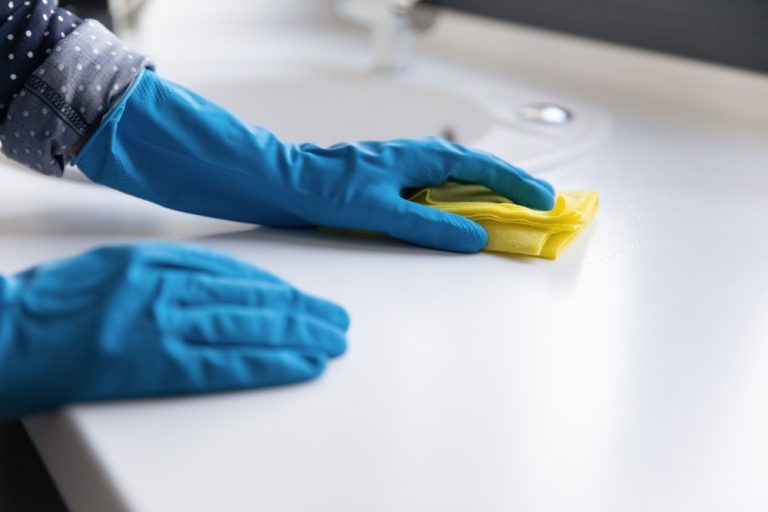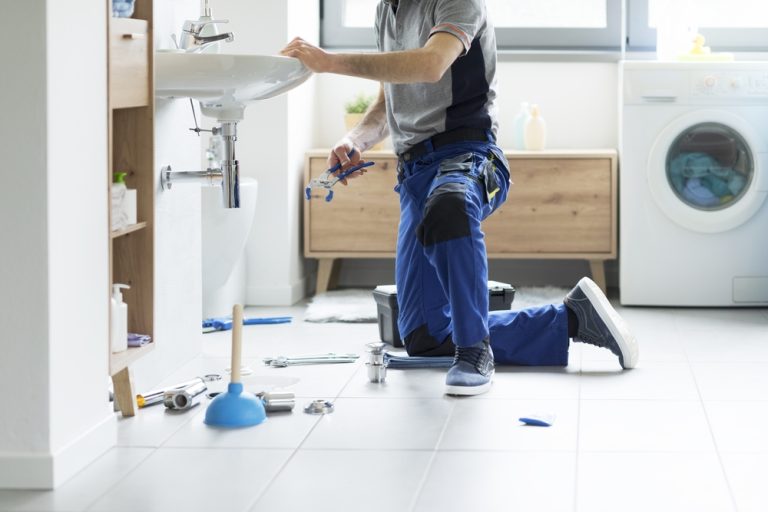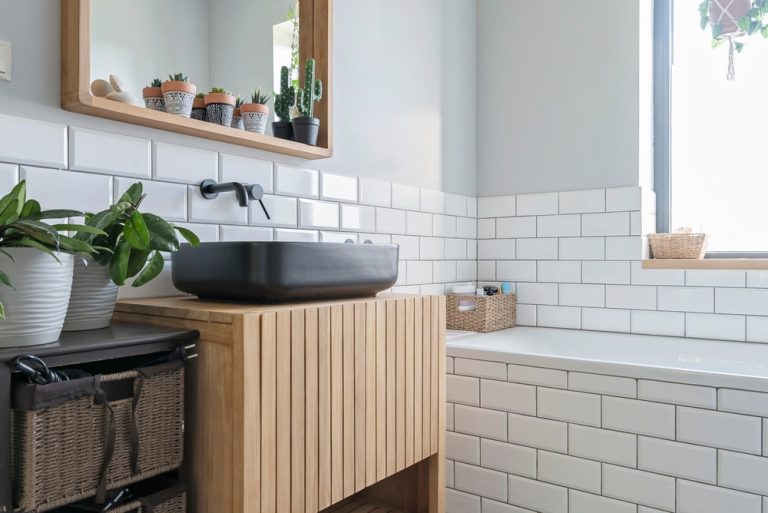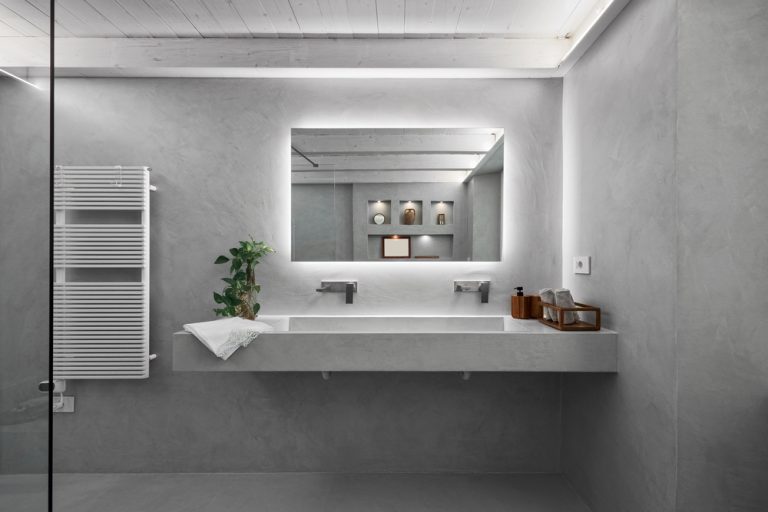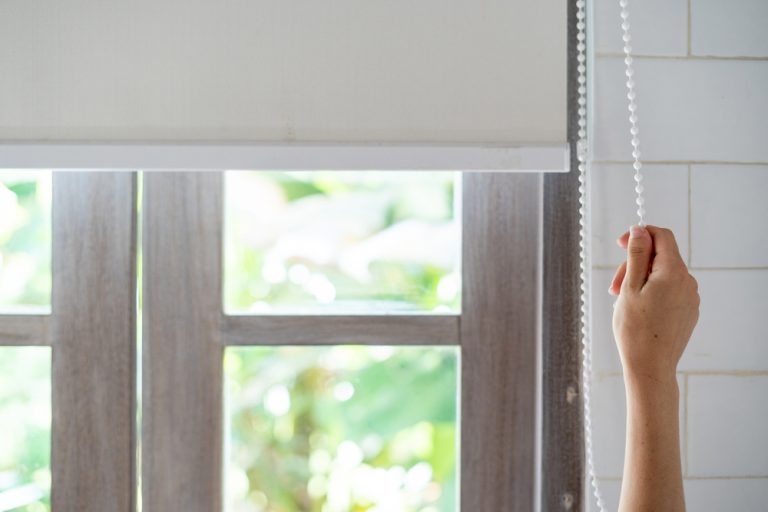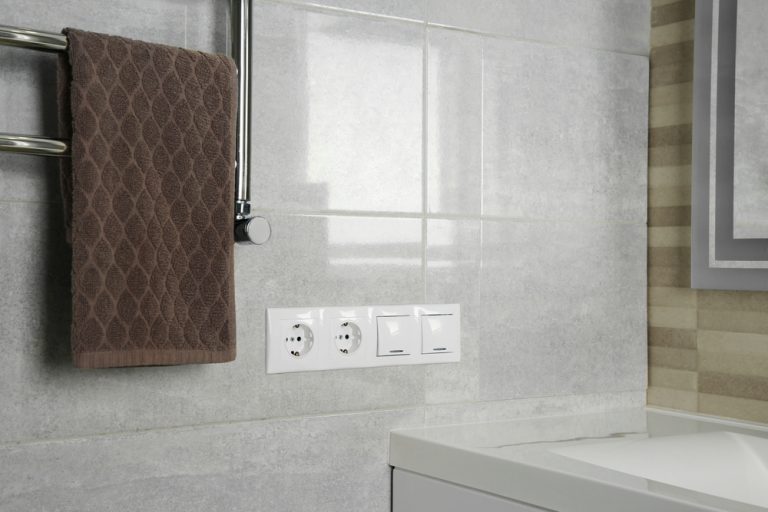Do I Need a Permit to Remodel My Bathroom?

Remodeling a bathroom is an exciting way to update your home, increase its value, and create a space that suits your personal style. However, before you start knocking down walls or installing new fixtures, you might be wondering, do I need a permit to remodel my bathroom? Understanding when a permit is required for bathroom renovations is crucial to avoid fines, delays, or potential problems when selling your home in the future.
In this guide, we’ll explore the scenarios in which you might need a permit and how to ensure your bathroom remodel is both legal and efficient.
Why Permits Are Important for Bathroom Remodels?
Permits are required for certain types of home renovations to ensure that the work meets local building codes and safety standards. When asking, do I need a permit to remodel my bathroom, the answer often depends on the scope of the work. Minor cosmetic updates typically don’t require a permit, but structural changes, electrical, and plumbing alterations usually do.
Building codes are put in place to ensure that renovations meet health, safety, and structural standards. Skipping the permit process can lead to fines, delays in your project, and complications when it’s time to sell your home, as buyers may request proof that the work was permitted and inspected.
When You Need a Permit to Remodel a Bathroom?
Here are some common scenarios where a permit is required for bathroom remodels:
Plumbing Work
If your bathroom remodel involves moving plumbing fixtures such as sinks, toilets, or showers, you’ll likely need a permit. Changing the plumbing layout requires careful planning and adherence to building codes, which is why a permit is necessary. Even seemingly minor tasks, such as relocating a drain or installing a new bathtub, may require approval from your local building authority.
Electrical Work
Any electrical work in your bathroom remodel, such as installing new light fixtures, outlets, or wiring, will require a permit. Electrical codes are strict because improper wiring can lead to serious safety hazards, such as fires or electrocution. A licensed electrician should handle any electrical changes, and the work must be inspected to ensure it complies with local codes.
Structural Changes
If your bathroom remodel includes structural changes, such as moving or knocking down walls, a permit is essential. Structural changes affect the overall stability of your home, and building codes are designed to ensure that the renovations do not compromise the structure’s integrity. This is especially important if you’re modifying load-bearing walls or expanding the size of the bathroom.
Adding New Windows or Doors
If your bathroom remodel includes adding new windows or doors, you will need a permit. This is because altering the external structure of your home can affect its energy efficiency, security, and overall design. Building codes dictate how windows and doors should be installed to meet safety standards, especially in rooms like bathrooms where moisture can be a concern.
Installing New Ventilation Systems
Proper ventilation is crucial in a bathroom to prevent mold and moisture damage. If you’re installing a new exhaust fan or altering the existing ventilation system, a permit is required. This ensures that the new system meets building codes and functions effectively to protect your home from moisture-related issues.
Also Read – How to Adjust Soft Close Kitchen Cabinet Doors?
When a Permit May Not Be Required?
Not all bathroom remodels require a permit. Here are some scenarios where you might not need one:
Cosmetic Upgrades
If your bathroom remodel involves purely cosmetic changes, such as painting walls, replacing countertops, installing new tiles, or swapping out hardware like faucets and cabinet handles, you likely won’t need a permit. These changes don’t involve plumbing, electrical, or structural modifications, so they don’t typically require approval.
Fixture Replacements (Same Location)
If you’re replacing fixtures like a toilet, sink, or shower but keeping them in the same location, you may not need a permit. As long as you’re not altering the plumbing or electrical layout, simply upgrading the fixtures doesn’t usually require a permit. However, it’s always a good idea to check with your local building authority to confirm.
How to Obtain a Permit for a Bathroom Remodel?
If you’ve determined that you need a permit for your bathroom remodel, the next step is to understand the permit process. Here’s how to navigate the process:
Step 1: Check Local Building Codes
Before starting your remodel, contact your local building department to find out which permits are required for your project. They can provide specific information about your area’s building codes and whether your planned renovations will need approval.
Step 2: Submit a Permit Application
Once you know which permits are necessary, you’ll need to submit an application. The application typically requires a detailed description of the work being done, including drawings or plans. If you’re working with a contractor, they can often handle the permit application on your behalf.
Step 3: Pay the Permit Fees
There are fees associated with obtaining permits, which vary depending on your location and the scope of your remodel. The cost can range from $50 to several hundred dollars. Paying the permit fee is part of ensuring your project is compliant with local regulations.
Step 4: Schedule Inspections
After the permit is approved, you’ll need to schedule inspections at various stages of the remodel. For example, if you’re doing plumbing or electrical work, an inspector will need to check the work before the walls are closed up. This ensures the work is done to code and prevents issues down the line.
Step 5: Final Inspection
Once the remodel is complete, a final inspection will be required. The inspector will ensure that everything has been installed correctly and meets the local building codes. After passing the final inspection, your permit will be closed, and you can enjoy your newly remodeled bathroom with peace of mind.
Consequences of Not Getting a Permit
If you’re asking, do I need a permit to remodel my bathroom, and you decide to skip the permit process, there can be serious consequences. Here’s what could happen:
Fines and Penalties
If you begin remodeling work without the necessary permits, you may face fines and penalties from your local building department. These fines can add up quickly and can delay your project.
Halted Work
If a building inspector discovers that you’re remodeling without a permit, they may issue a stop-work order. This means you’ll have to halt the remodel until the proper permits are obtained, which could result in significant delays.
Complications When Selling Your Home
Unpermitted work can lead to problems when it’s time to sell your home. Buyers may request proof that all renovations were completed with the proper permits. If you can’t provide documentation, it could lead to complications or lower the value of your home.
Conclusion
So, do I need a permit to remodel my bathroom? In most cases, yes—if your remodel involves plumbing, electrical, structural changes, or new installations, a permit is required. It’s important to check with your local building department before starting any major renovation to ensure you’re in compliance with local codes.
Obtaining the necessary permits not only protects you from potential legal issues but also ensures that your bathroom remodel is safe and up to standard.

